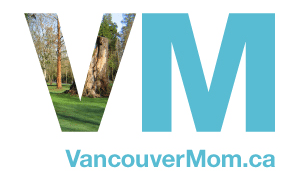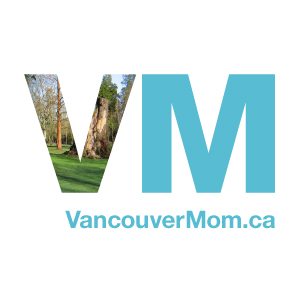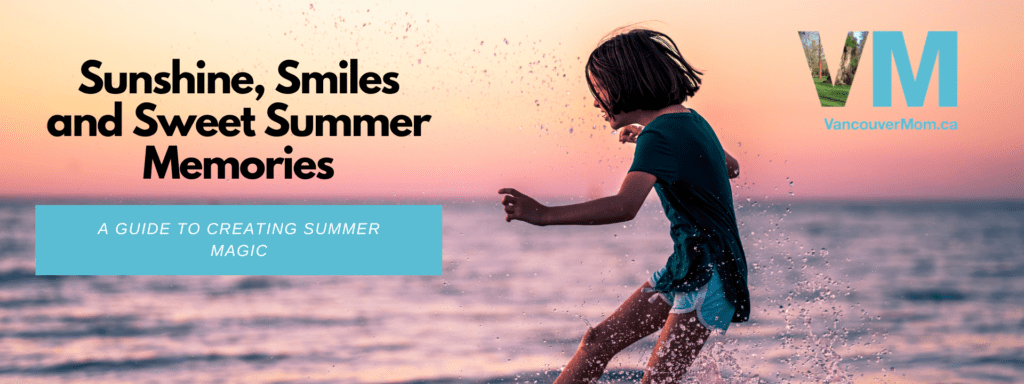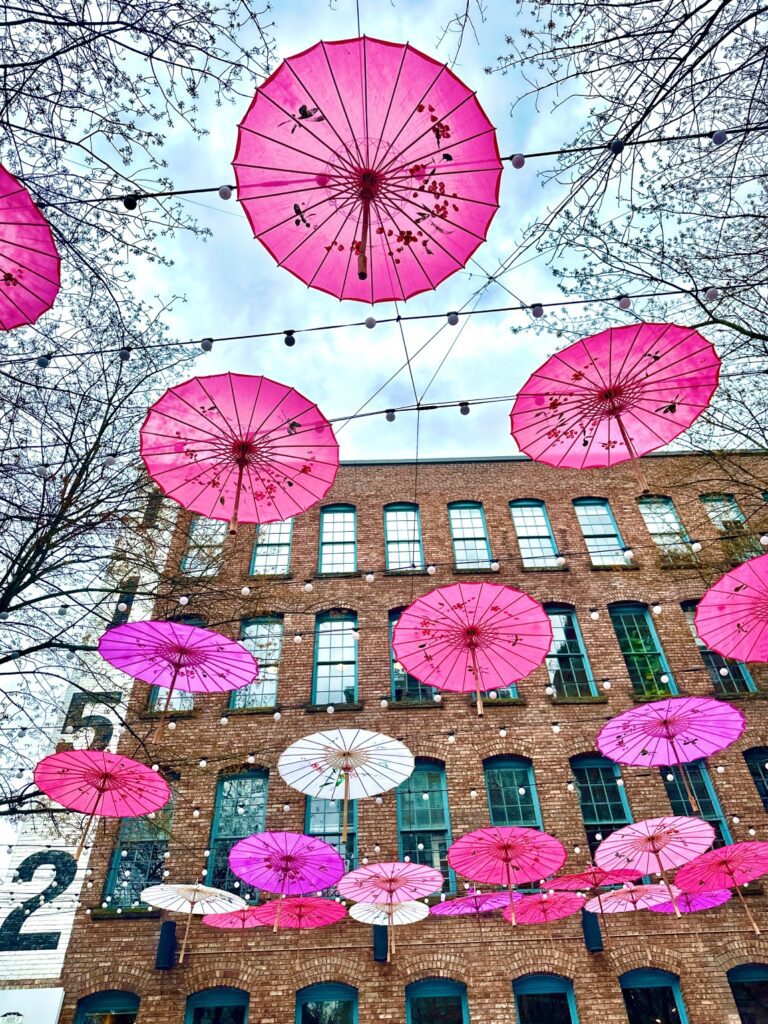#BellLetsTalk: Post-partum depression & anxiety: where to get help

Bell Let’s Talk Day is January 28 2021, and there is no mental health issue closer to moms hearts that post-partum depression and anxiety. We have all seen the headlines that fully realize the devastation wreaked by post-partum depression. Nearly all women can relate on some level to feelings of overwhelm, exhaustion, failure, guilt, sadness and isolation.
Where to get help for post-partum depression and anxiety

Our post-partum lives bear little resemblance to our pre-pregnancy selves, and the transformation to motherhood can be a harsh reality regardless of how prepared we might be, how eagerly we anticipate the arrival of our little pumpkin, how positive we feel about becoming a mama. In fact, it can be very hard to admit that this little bundle of joy is not so joyful, and that we are not coping.
>> A personal story from a local mom about her experience with of PPD
Postpartum is such a time of great change and sometimes we don’t recognize just how much our lives can change after giving birth; it is not always easy and that’s ok. We can help.”
Lori Miller, RN, Registered Midwife
Partners and adoptive parents can also be affected by PPD/A; it is not limited to birth mothers. The Adoptive Families Association of BC can offer support for post-adoption depression.
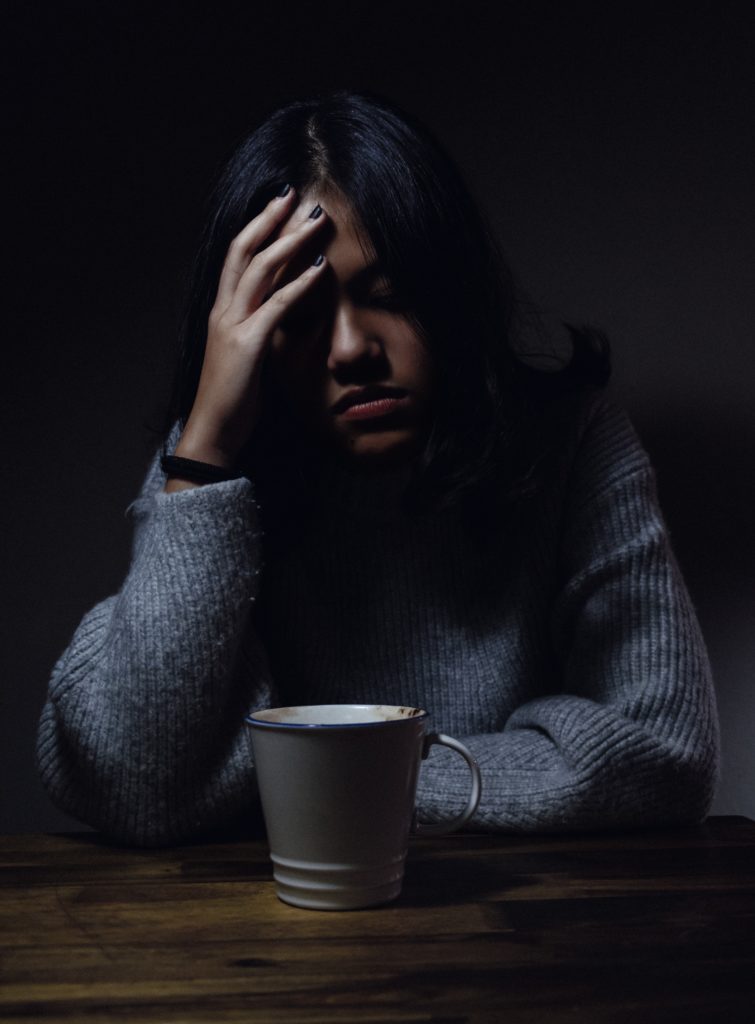
Where to turn for help? A knowledgeable and free resource is The Post-Partum Support Society of Vancouver, which offers a wide variety of services for mothers and their partners, including telephone support, weekly support groups and publications and resource materials.
Another option to lighten the load is a post-partum doula. “Post-partum doulas can help new parents who may be feeling overwhelmed or isolated by providing non-judgmental support, help with breast/bottle feeding issues, infant care and sometimes just a listening ear and extra pair of hands.” Kym O’Malley, Post-Partum Doula (DONA certified).
A good support system is critical, and it is often in this period that we begin to connect with the women who will be our true tribe in motherhood. Find a mommy group like Stroller Strides, or check out the drop-in parent/baby programs provided by the YMCA. The local library will often offer a baby story time, and community centres are another great option for mom & babe programming.
Mom and Baby drop ins in Vancouver (during non-COVID times)
But even the best mom-friend in the world cannot replace professional support when it is needed. It is essential that new parents share feelings of anxiety, sadness and depression with their midwife, obstetrician, family doctor or public health nurse. A post-partum practitioner should be able to identify the signs of PPD/A but sometimes need family members to bring it forward
“… women can often put on a bright sunny face to the world when they feel like they’re dying inside.”
Ask for help for yourself or your partner; speak up, seek support and do not hide feelings out of guilt or shame. Be kind to yourself.
Elizabeth is a business planning guru who is passionate about working with female entrepreneurs, translating their big dreams into reality. Westcoast born and raised, she is lover of all things BC and needs a daily dose of nature to stay sane as a mother to three completely rambunctious children. She is a runner, a devoted drinker of coffee and wine, and committed to finishing last winter’s knitting project.
